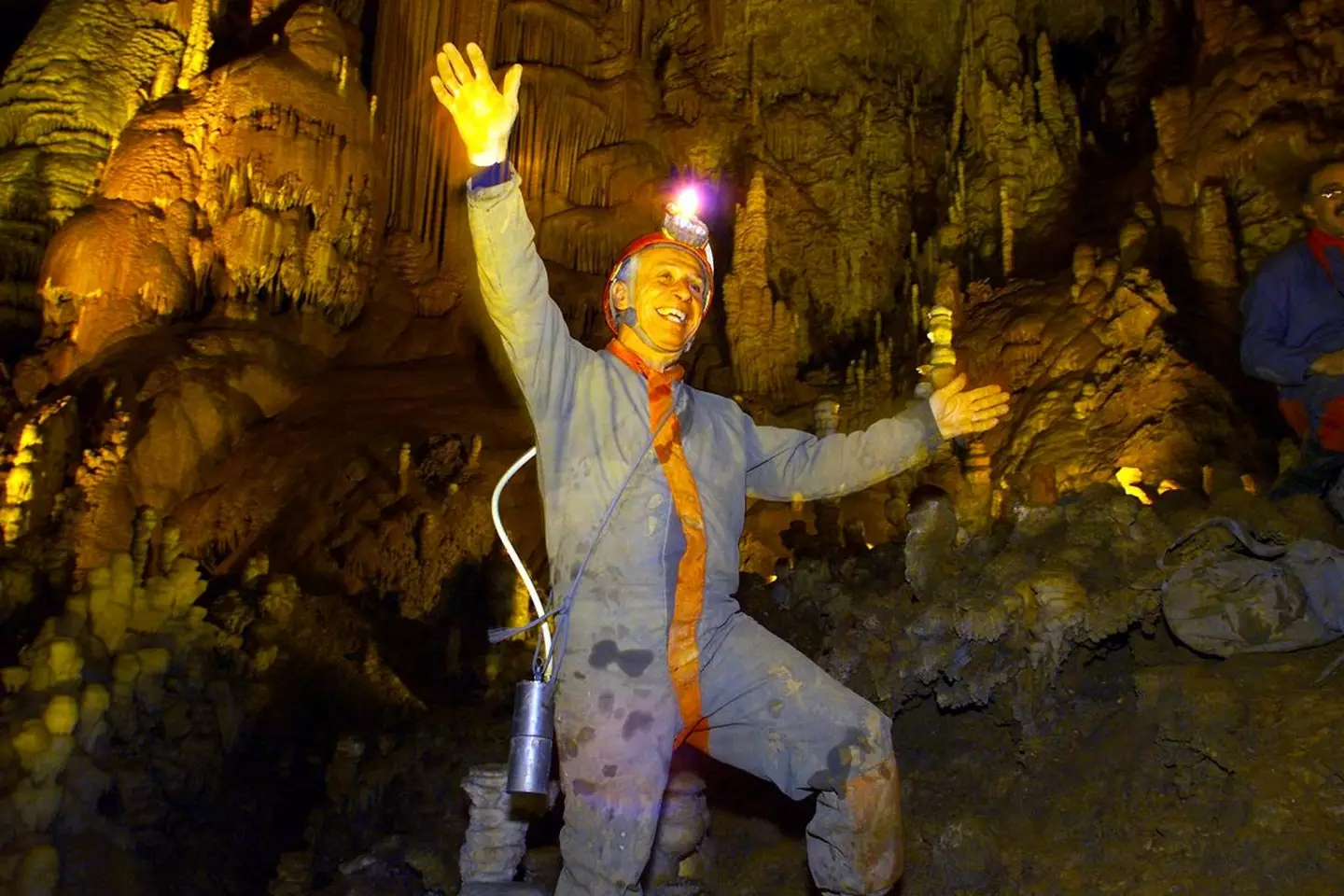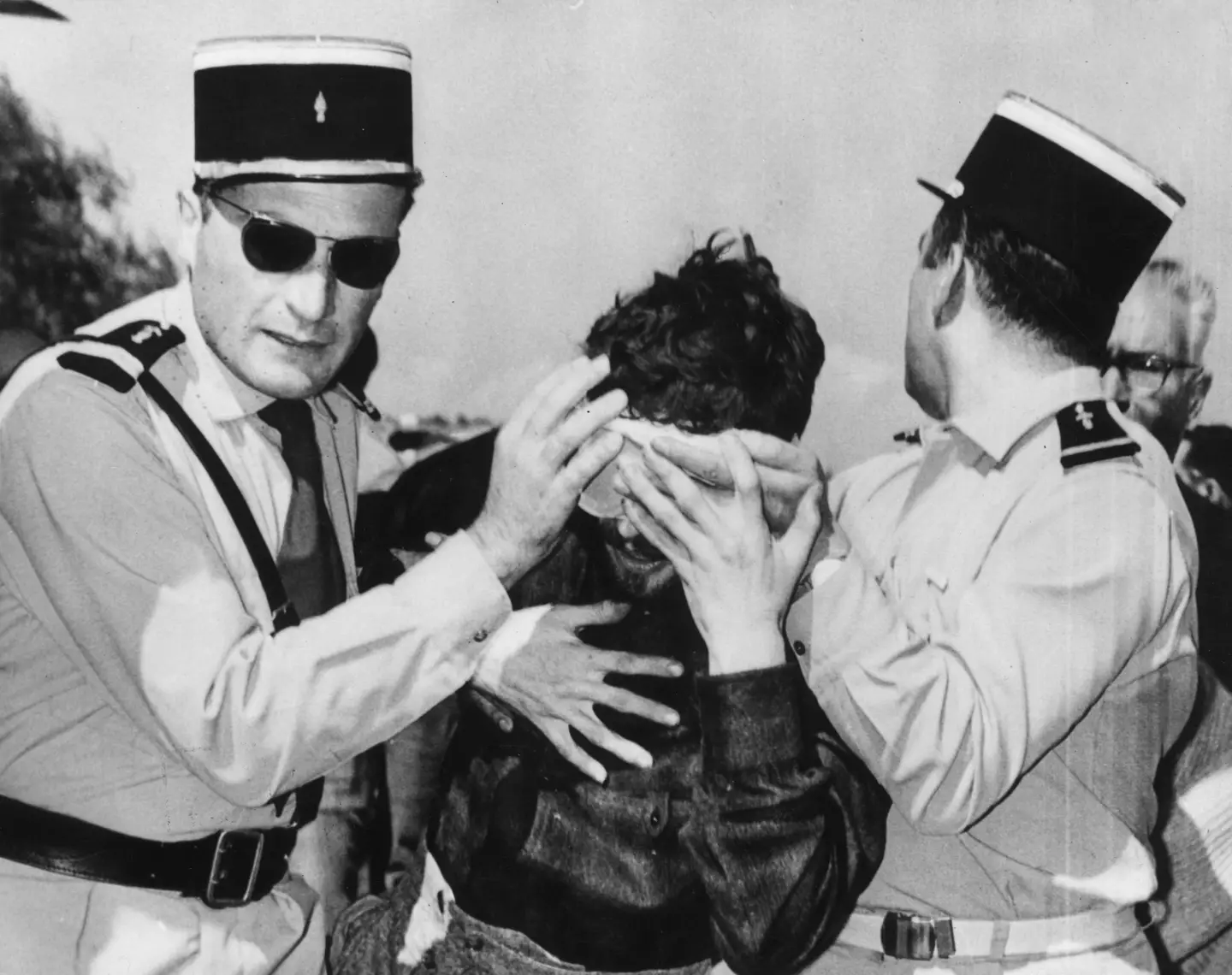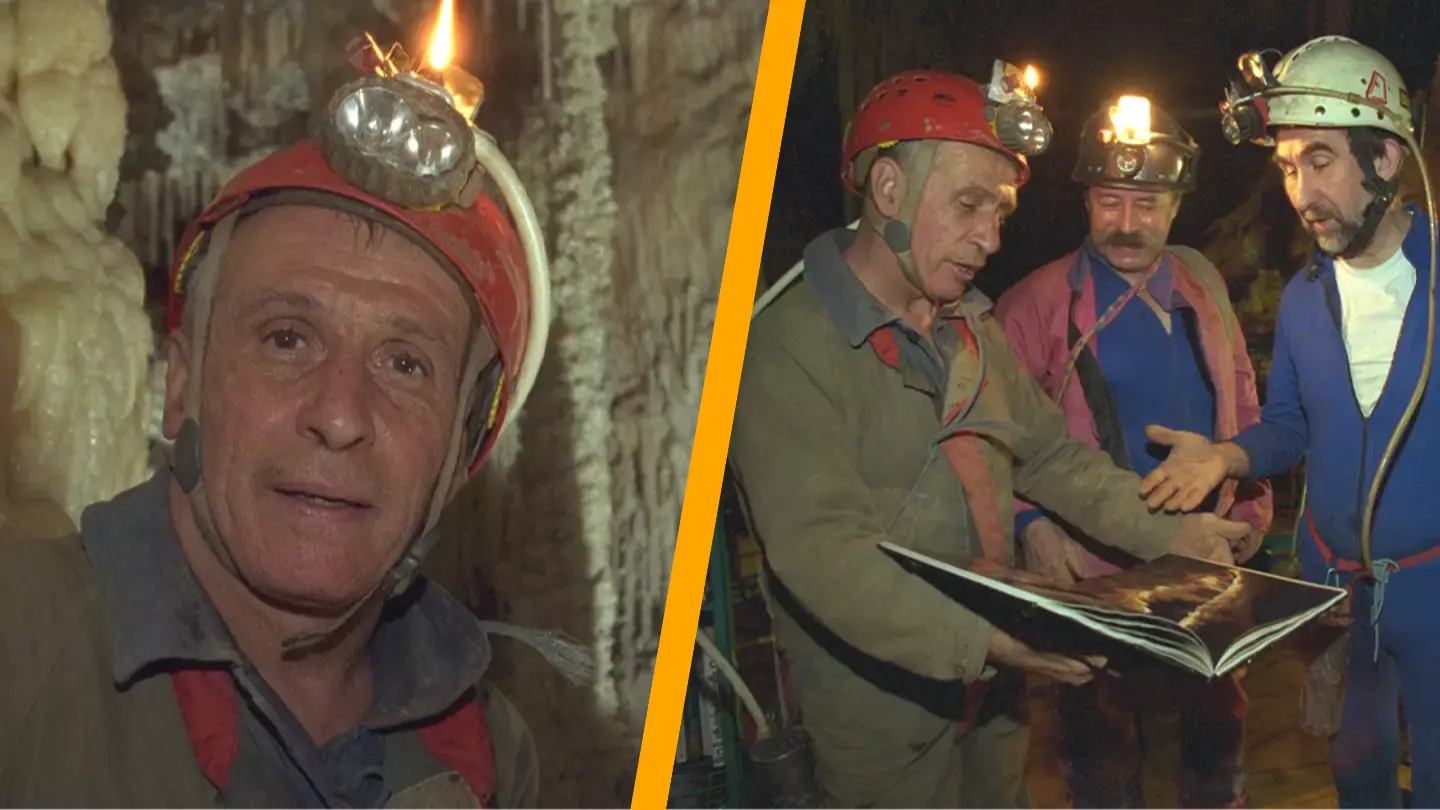Tired of the mundane routine and interested in living in a cave? Sign me up!
In 1962, underground explorer and scientist Michel Siffre decided to isolate himself from society for two months, a sentiment many can relate to.
Instead of spending money on a lavish all-inclusive vacation or a cruise, he chose the more economical option of living in a cave. This decision had profound effects on his physical and mental state.

Motivated by the space race at the age of 23, Michel placed himself 130 meters underground in Scarasson, a mountain located in the Ligurian Alps.
Without a wristwatch, as there were no mobile phones at the time, Siffre entered the cave for two months without any concept of time.
Discussing his unusual experiment, Michel told Cabinet Magazine in 2008: “This idea came to me – this idea that became the idea of my life. I decided to live like an animal, without a watch, in the dark, without knowing the time.”
Michel situated himself next to a glacier, listening to his body for cues on when to sleep, eat, or drink, rather than adhering to conventional meal times. He communicated with a team at the cave’s entrance, informing them of his activities to track his routine.
The experiment yielded remarkable results.

While in the cave, Michel monitored his pulse and conducted a ‘psychological test’ on himself.
“I had to count from 1 to 120, at the rate of one digit per second. With that test we made a great discovery: it took me five minutes to count to 120. In other words, I psychologically experienced five real minutes as though they were two,” he explained.
To his surprise, the time passed rapidly. Michel believed he still had a month left in the cave when his team informed him that it was time to leave.
“My psychological time had compressed by a factor of two,” Michel added.
He further explained: “I believe that when you are surrounded by night – the cave was completely dark, with just a light bulb – your memory does not capture the time.
“You forget. After one or two days, you don’t remember what you have done a day or two before. The only things that change are when you wake up and when you go to bed.
“Besides that, it’s entirely black. It’s like one long day.”

Michel’s extraordinary experiment provided insights into how humans respond to the absence of clocks, calendars, or sunlight to mark the time of day.
He concluded: “Instead of studying caves, you ended up studying time. Yes, I invented a simple scientific protocol.
“Without knowing it, I had created the field of human chronobiology.”

